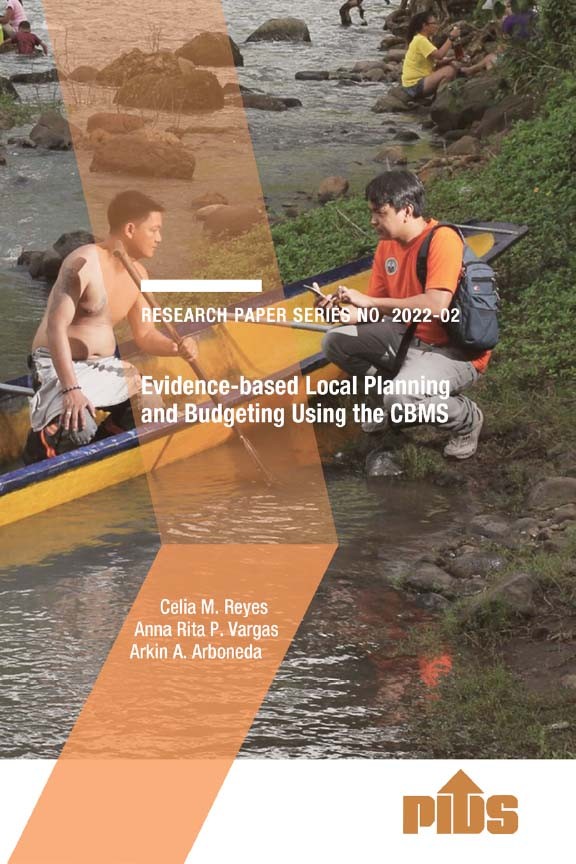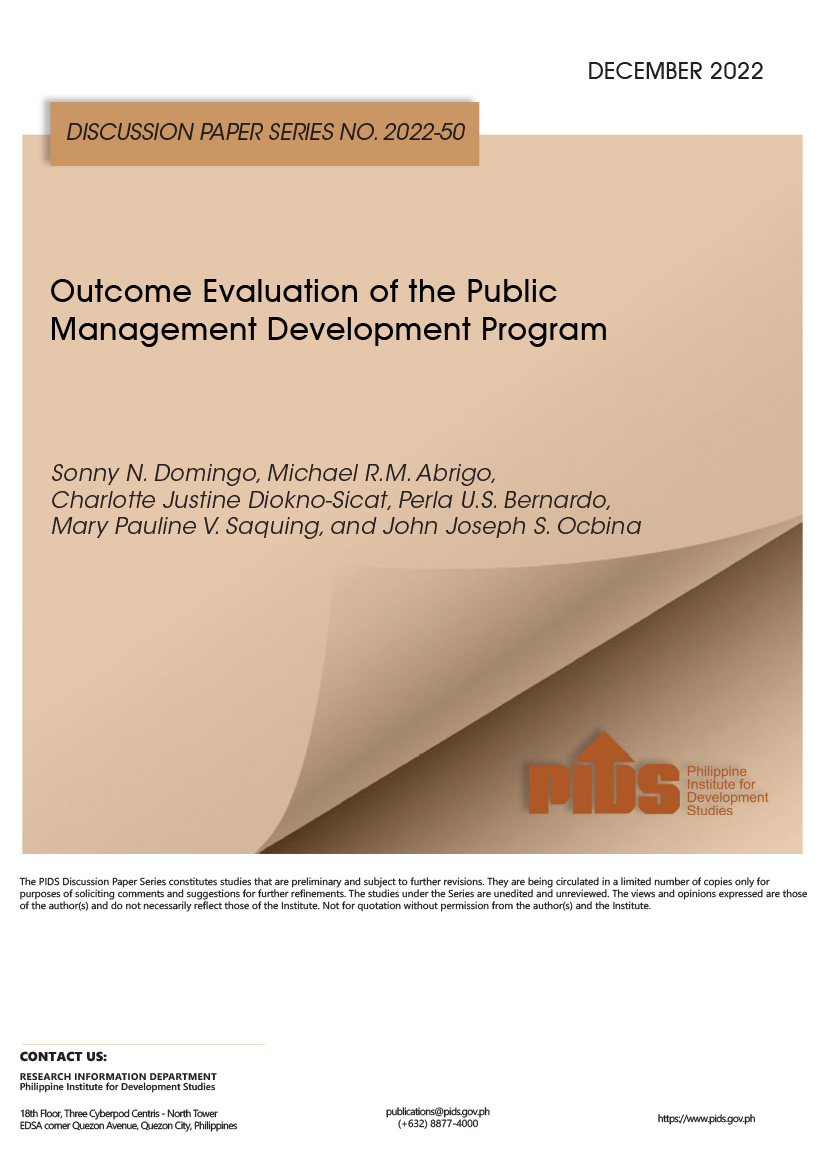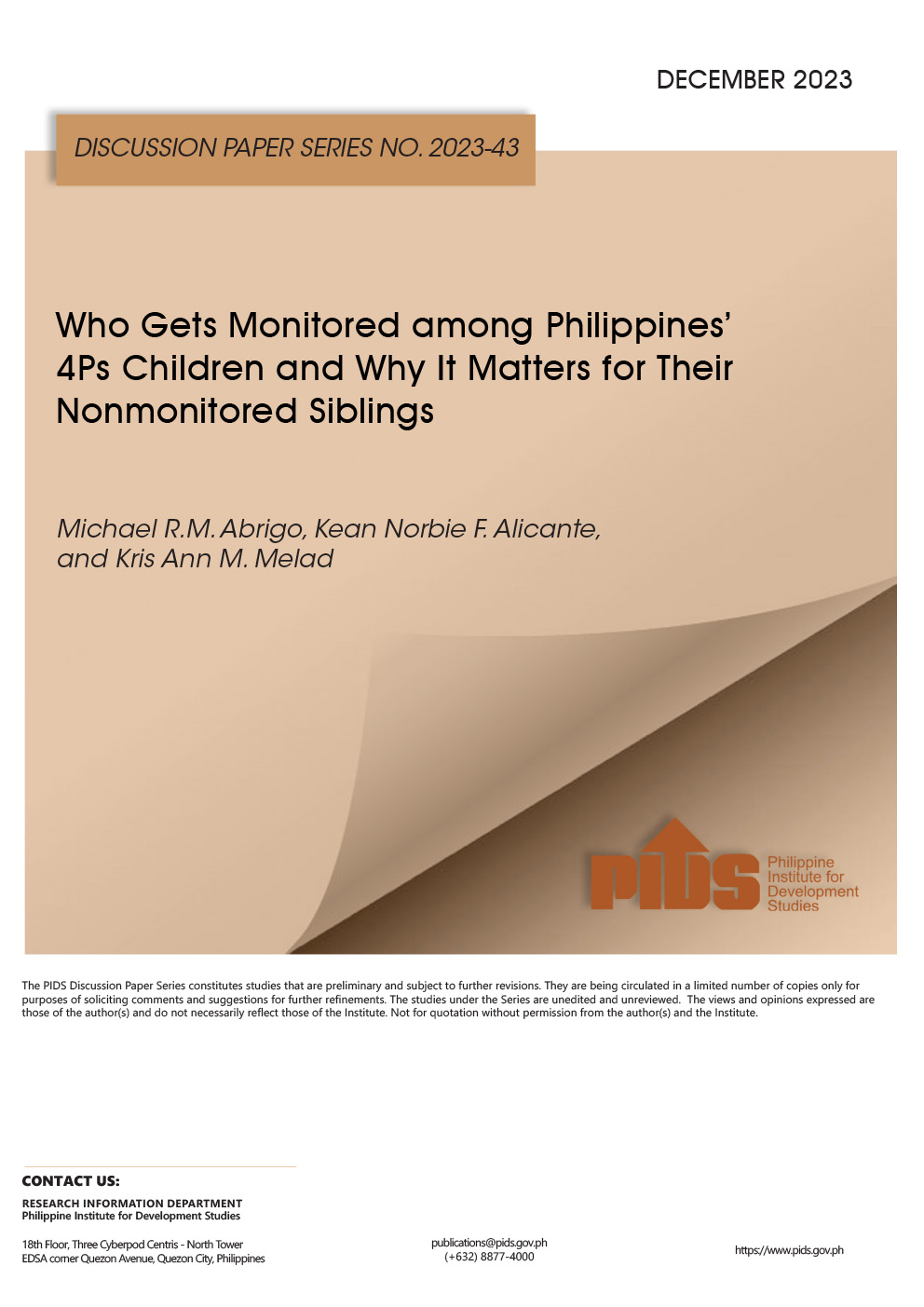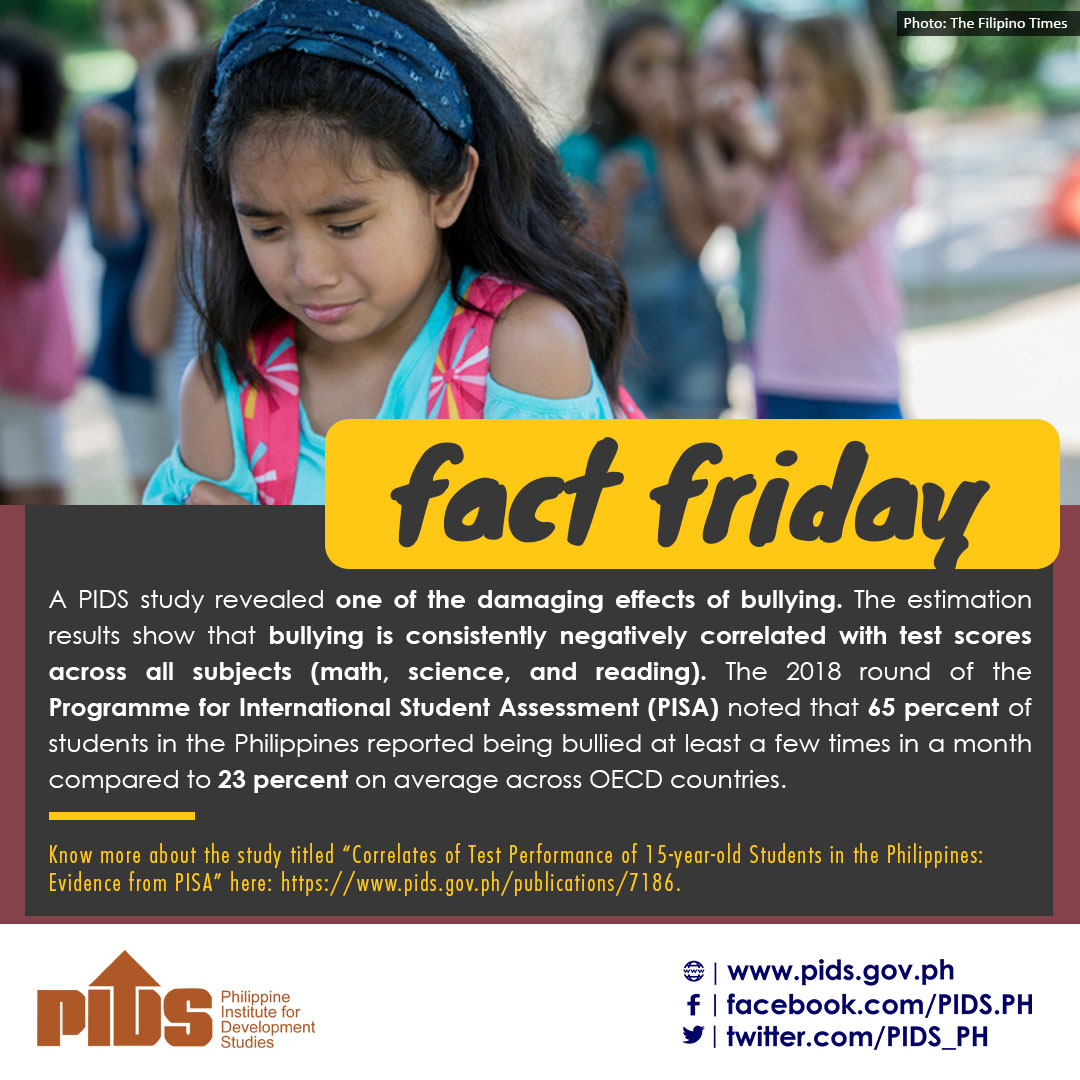Business executives took exception to the Republic Act 11232 or the Revised Corporation Code (RCC) of the Philippines which has provisions that may tag the corporation as a criminal entity after a legal dispute.
Lawyer Cesar Villanueva, chairperson of the board of trustees of the Institute of Corporate Directors, said the RCC may create a “chilling effect” on commercial infrastructure buildup as a result of the shift.
“The intent of criminalizing violators may create a chilling effect on commercial infrastructure in promoting the use of the corporate medium in pursuing investments and commercial activities,” Villanueva said during the Annual Public Policy Conference (APPC) webinar on “Ethical Business.”
The webinar is the culminating activity of the Development Policy Research Month observed by the government think tank Philippine Institute for Development Studies (PIDS).
Villanueva explained that before the RCC, the prevailing rule in Philippine corporate law was that if an offense is committed in pursuit of business affairs, it would be the directors, trustees, officers, or even employees who would be personally and criminally held liable for committing well-defined offenses.
“The ultimate owners of the corporate business enterprise, the shareholders, were shielded from the consequences of fraudulent acts of the corporate agent,” he said.
Under the RCC, however, it would be the “innocent” shareholders and other investors and stakeholders who will be adversely affected by tagging the corporation as a criminal, Villanueva pointed out.
Villanueva also assailed the shift from the “comply or explain approach” of the Securities and Exchange Commission’s (SEC) Code of Corporate Governance (CCG), which has now been pursued “in an overly broad and criminalized manner.”
He noted that under the SEC’s previous “comply or explain approach,” companies must state whether they comply with CCG provisions in their annual corporate governance reports.
“They should identify any areas of noncompliance and explain the reasons for such,” Villanueva said.
Further, he noted that, “no sanctions are imposed for noncompliance with the provisions of the Code, except for failure to file with the SEC the annual corporate governance report.”
However, this is opposite with the RCC, which sanctions failure to comply with its corporate provisions.
Unease instead of ease of doing business
For instance, the RCC grants SEC the power to impose administrative sanctions on any violations of its provisions.
“Ironically, although among the main objectives in the promulgation of the RCC was to promote the ease of doing business through the corporate medium, (the RCC’s) overly broad and criminalized enforcement mechanisms have created unnecessary unease in doing business through the corporate medium. It impinges upon the exercise of business judgment of boards and management for fear of professional catastrophe,” Villanueva argued.
Another concern, he raised, is that enforcement mechanisms provide opportunities for some shareholders to bring harassment suits against corporate directors, trustees and officers.
Villanueva noted that, in the end, it is the SEC that has the authority to evaluate and determine whether violations against the RCC will prosper or not.
Lawyer Cesar Villanueva, chairperson of the board of trustees of the Institute of Corporate Directors, said the RCC may create a “chilling effect” on commercial infrastructure buildup as a result of the shift.
“The intent of criminalizing violators may create a chilling effect on commercial infrastructure in promoting the use of the corporate medium in pursuing investments and commercial activities,” Villanueva said during the Annual Public Policy Conference (APPC) webinar on “Ethical Business.”
The webinar is the culminating activity of the Development Policy Research Month observed by the government think tank Philippine Institute for Development Studies (PIDS).
Villanueva explained that before the RCC, the prevailing rule in Philippine corporate law was that if an offense is committed in pursuit of business affairs, it would be the directors, trustees, officers, or even employees who would be personally and criminally held liable for committing well-defined offenses.
“The ultimate owners of the corporate business enterprise, the shareholders, were shielded from the consequences of fraudulent acts of the corporate agent,” he said.
Under the RCC, however, it would be the “innocent” shareholders and other investors and stakeholders who will be adversely affected by tagging the corporation as a criminal, Villanueva pointed out.
Villanueva also assailed the shift from the “comply or explain approach” of the Securities and Exchange Commission’s (SEC) Code of Corporate Governance (CCG), which has now been pursued “in an overly broad and criminalized manner.”
He noted that under the SEC’s previous “comply or explain approach,” companies must state whether they comply with CCG provisions in their annual corporate governance reports.
“They should identify any areas of noncompliance and explain the reasons for such,” Villanueva said.
Further, he noted that, “no sanctions are imposed for noncompliance with the provisions of the Code, except for failure to file with the SEC the annual corporate governance report.”
However, this is opposite with the RCC, which sanctions failure to comply with its corporate provisions.
Unease instead of ease of doing business
For instance, the RCC grants SEC the power to impose administrative sanctions on any violations of its provisions.
“Ironically, although among the main objectives in the promulgation of the RCC was to promote the ease of doing business through the corporate medium, (the RCC’s) overly broad and criminalized enforcement mechanisms have created unnecessary unease in doing business through the corporate medium. It impinges upon the exercise of business judgment of boards and management for fear of professional catastrophe,” Villanueva argued.
Another concern, he raised, is that enforcement mechanisms provide opportunities for some shareholders to bring harassment suits against corporate directors, trustees and officers.
Villanueva noted that, in the end, it is the SEC that has the authority to evaluate and determine whether violations against the RCC will prosper or not.










